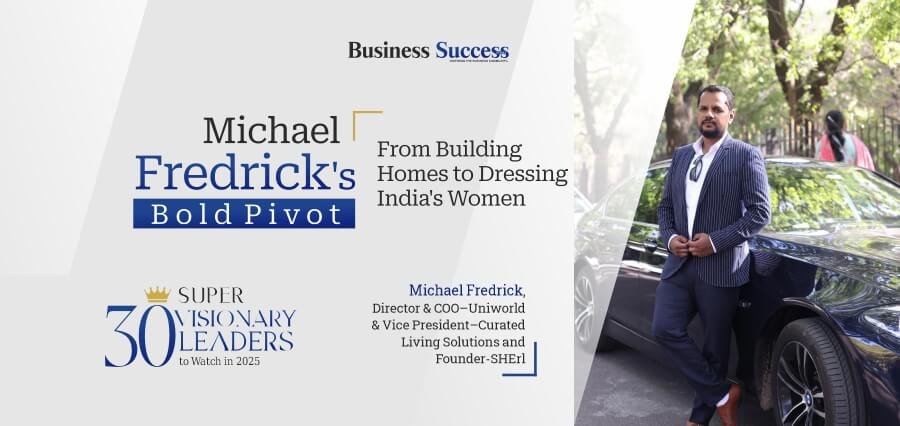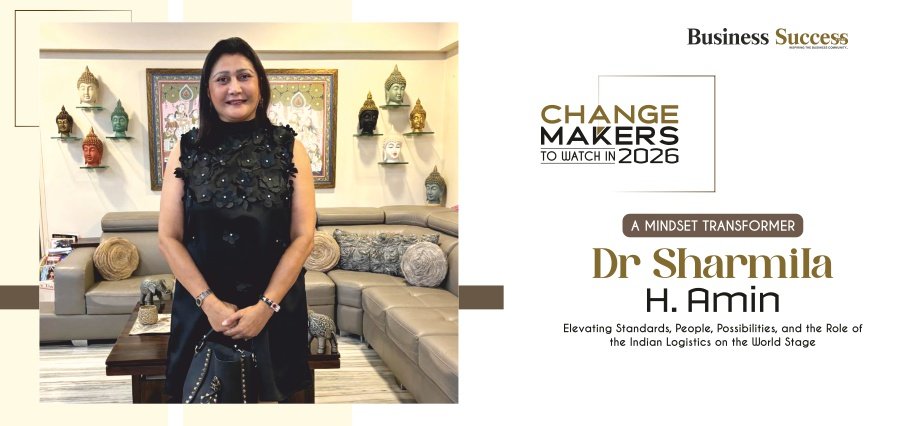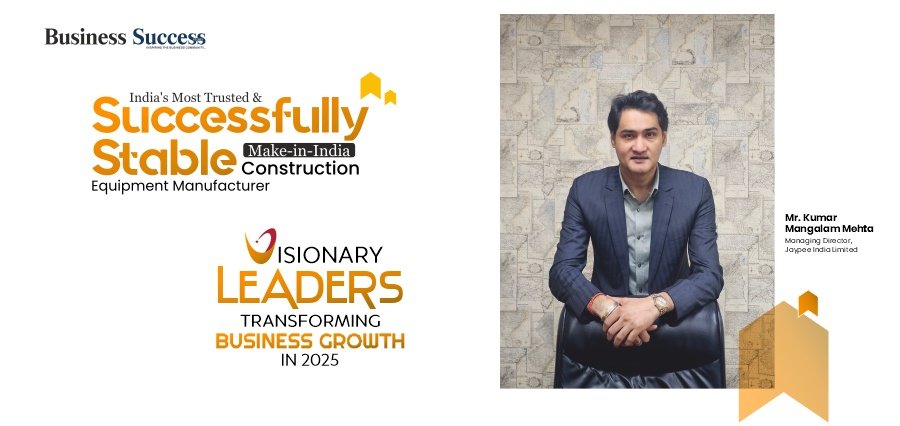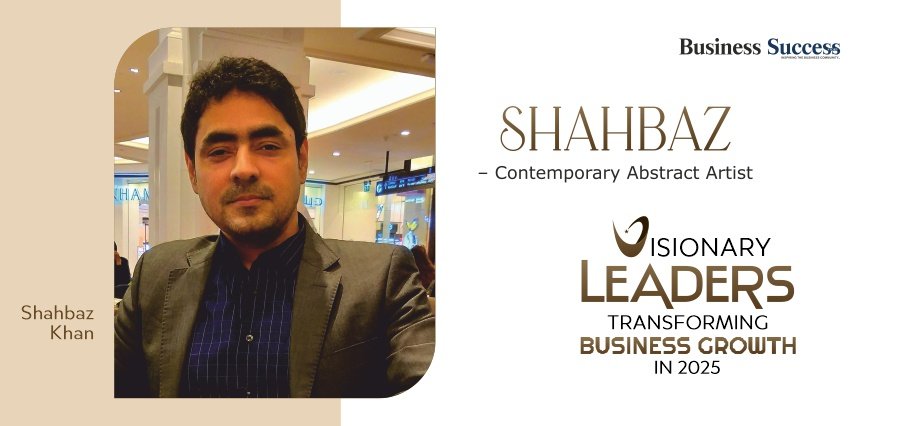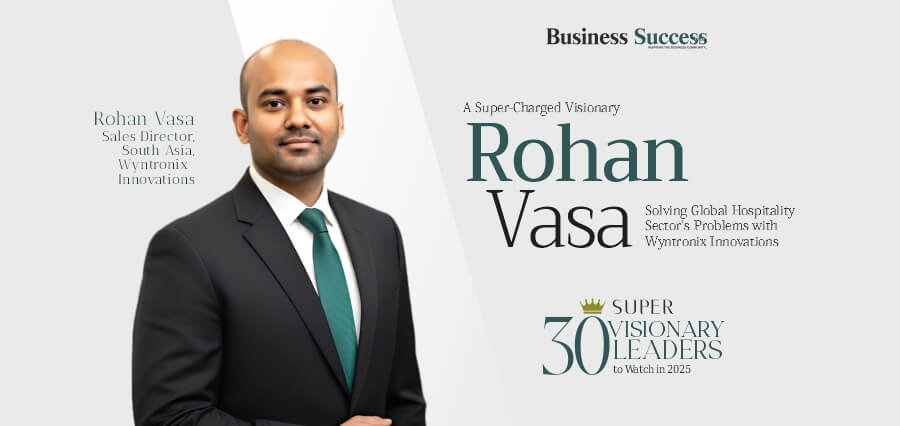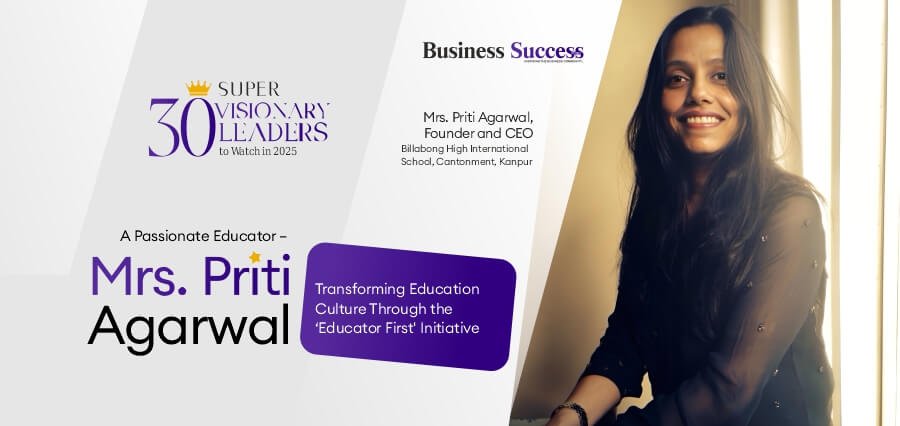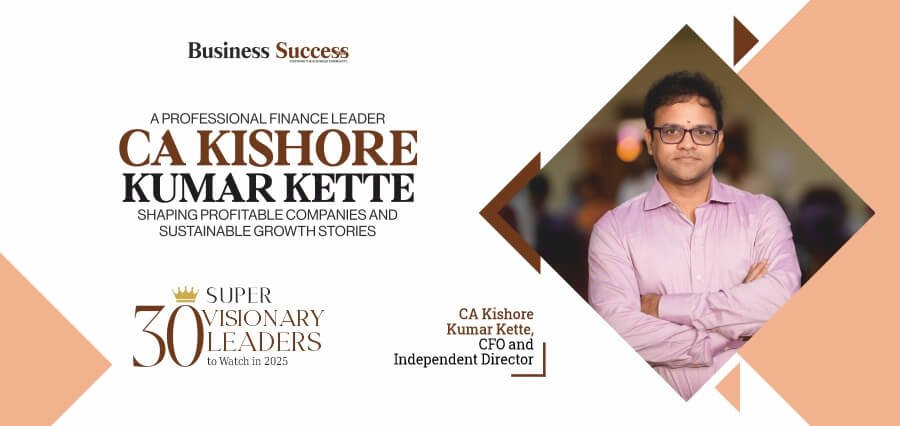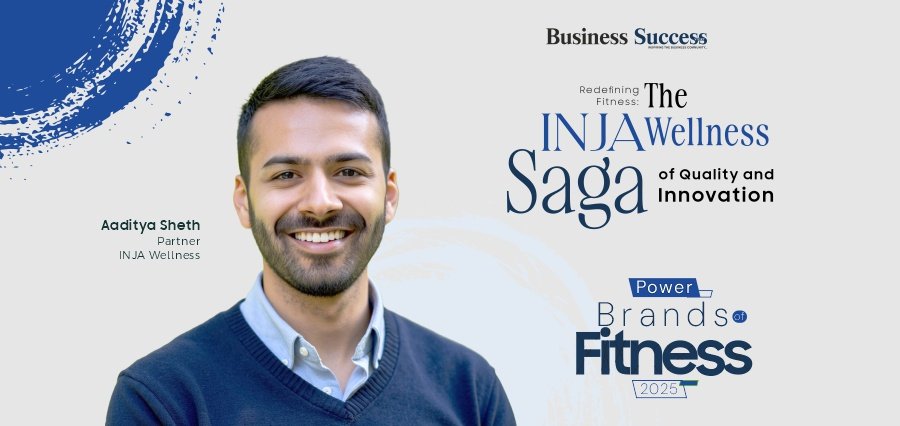Turning your success from one sector to a completely different one requires a change making leadership of the boldest kind. In the corridors of India’s real estate sector, the name Michael Fredrick has long been synonymous with scale and innovation. As the Vice President (Operations) of Curated Living Solutions—one of India’s largest alternative housing giants, Fredrick built his reputation on transforming how urban India lives. But now, at just 32, he’s setting his sights on something entirely different — not bricks and mortar, but fabric and fashion.
Fredrick’s latest venture, SHErl, marks a bold pivot from housing to haute. The brand is positioned as a women’s apparel label with complete back-end integration in design and manufacturing, headquartered in Bangalore. And it’s not a small experiment — the parent company is investing an impressive ₹80 crore to bring SHErl to life.
A New Direction Born From Observation
“When I toured our manufacturing units and interacted with our design teams, I noticed something — there was a clear gap in the market,” Fredrick tells us during our exclusive visit to the facility. “Indian women, especially working professionals, are looking for something that fits their lifestyle — modern silhouettes with traditional roots, style without compromise on comfort. That’s what SHErl is about.”
The brand’s focus will be on premium Indian kurtas, designed to appeal to working women across all categories — from formal corporate attire to casual, everyday wear. The goal is simple yet ambitious: to become India’s most trusted label for smart, elegant, and easy-to-wear Indian apparel.
A Strategic Diversification
For an entrepreneur known for building homes and communities, venturing into fashion might seem like a surprising leap. But Fredrick insists it’s a natural evolution. “At the core of both industries lies design, precision, and understanding human needs. Whether you build a home or a wardrobe, it’s about creating something that fits people’s lives beautifully,” he explains.
With the first retail outlet scheduled to open in Bangalore in May 2026, SHErl is poised to enter India’s booming retail fashion market. The roadmap ahead includes a pan-India expansion over the next few years, with retail stores planned in major metros and eventually Tier-2 cities.
From Concrete to Couture
The transition from the housing business to the fashion industry speaks volumes about Fredrick’s entrepreneurial agility. His journey reflects a new generation of Indian leaders — visionaries who see opportunity not just in their sector, but in the whitespace between industries.
As he walks through the factory floor, Fredrick’s confidence is palpable. Rows of machines hum softly as teams of designers sketch patterns that merge modern lines with Indian craftsmanship. “We want to build something more than a brand,” he says with a quiet smile. “SHErl should stand for strength, elegance, and the spirit of every woman who leads her life with grace.”
The Future of SHErl
With deep financial backing, strategic clarity, and a leader unafraid to reinvent himself, SHErl might just redefine how India’s working women dress. For Michael Fredrick, this isn’t just business diversification — it’s a creative leap, a reinvention of identity.
After conquering skylines, he now sets out to conquer wardrobes. And if history is any indication, he might just pull it off.
SHErl is More Than Fashion — It’s About Empowering Everyday Grace”: An Exclusive Conversation With Michael Fredrick
When a leading real estate CEO decides to pivot from constructing homes to designing clothes, the business world takes notice.
At just 32, Michael Fredrick, the dynamic CEO behind India’s largest alternative housing giant, has announced the launch of SHErl, a women’s apparel brand that promises to redefine everyday Indian wear for working women.
We sat down with Michael for an exclusive chat to understand the inspiration, the strategy, and the story behind SHErl — a brand that celebrates strength, elegance, and individuality.
Michael, you’ve built a massive reputation in real estate. What inspired you to enter the fashion and retail space?
It began quite organically. During a visit to one of our design and manufacturing units, I realized how much potential there was in the garment industry — especially in women’s apparel. I noticed that while the market was flooded with options, very few brands truly understood the working Indian woman.
She needs clothing that’s elegant yet practical, stylish yet effortless — something she can wear to a meeting, a casual evening, or a family event. That gap inspired SHErl. It’s not just about clothes; it’s about designing confidence for the modern woman.
The name ‘SHErl’ itself feels powerful and distinct. What’s the story behind it?
SHErl is an emotionally attached Name. SHErl is derived from the word ‘sher’, meaning lion — and of course, “she”. It’s a play on strength and femininity combined. To me, every woman is a lioness in her own right — strong, graceful, protective, ambitious, and resilient.
SHErl represents that duality — power wrapped in elegance. It’s a name that embodies the spirit of the women we are designing for.
What makes SHErl different from other women’s wear brands in the market?
Three things: integration, intention, and identity.
First, integration — SHErl is fully backward-integrated. From design and sourcing to manufacturing and retail, everything happens under one ecosystem. That gives us total control over quality, fit, and creativity.
Second, intention — every collection is designed with a purpose. We’re not chasing trends; we’re creating clothing that simplifies a woman’s day without compromising her individuality.
And finally, identity — SHErl is about celebrating real women, not idealized versions of them. Our kurtas are made to move with women who juggle meetings, homes, dreams, and deadlines — all at once.
The brand’s first outlet opens in May 2026. What can customers expect from SHErl’s stores and experience?
We want our stores to feel like an experience, not just a retail space. SHErl outlets will blend contemporary design with warm, welcoming Indian aesthetics.
From personalized styling support to curated collections for different moods and moments — it will be about making every customer feel seen and valued. We want women to walk in, try something, and feel like, “Yes, this is me.”
The investment for SHErl is quite significant — ₹80 crore to start. How do you see this scaling across India?
The initial ₹80 crore investment is focused on building a solid foundation — design studios, manufacturing infrastructure, and our first flagship retail outlet in Bangalore.
Once that’s in motion, we plan to expand to other metros and key Tier-2 cities. We’re looking at a pan-India presence within three years, with each store maintaining the same level of craftsmanship and brand soul.
The funding will come entirely from our parent company, which allows us to stay independent and creative without external pressure.
SHErl’s focus is on kurtas. Why choose such a specific category?
Because kurtas are timeless. They are at the heart of Indian women’s wardrobes — adaptable, versatile, and deeply cultural.
But the problem is, most kurtas in the market either lean too traditional or too modern, missing the balance that working women need. SHErl bridges that — we’re making kurtas that breathe, travel, and transition through the day effortlessly.
Each piece is designed to carry comfort and confidence — two things every woman deserves.
How would you describe the essence of the SHErl woman?
The SHErl woman is strong yet soft. She leads at work, manages at home, dreams for herself, and gives endlessly to others. She’s stylish not because of what she wears, but because of how she carries herself.
We’re not dressing models; we’re dressing India’s real women — doctors, teachers, executives, entrepreneurs, mothers, dreamers. SHErl is for her.
Finally, what’s your vision for SHErl five years from now?
In five years, I see SHErl as one of India’s most respected women’s fashion brands — not just for its design, but for what it represents.
I want it to be a symbol of modern Indian identity — rooted in tradition, but ready for tomorrow. If SHErl can make even one woman feel more confident in who she is, then we’ve succeeded.
—
As Michael Fredrick walks us through sketches and fabric swatches at SHErl’s Bangalore studio, his eyes light up not with numbers, but with purpose.
From constructing skylines to shaping silhouettes, he’s building something new — not just a brand, but a movement where every thread tells a story of strength and grace.

